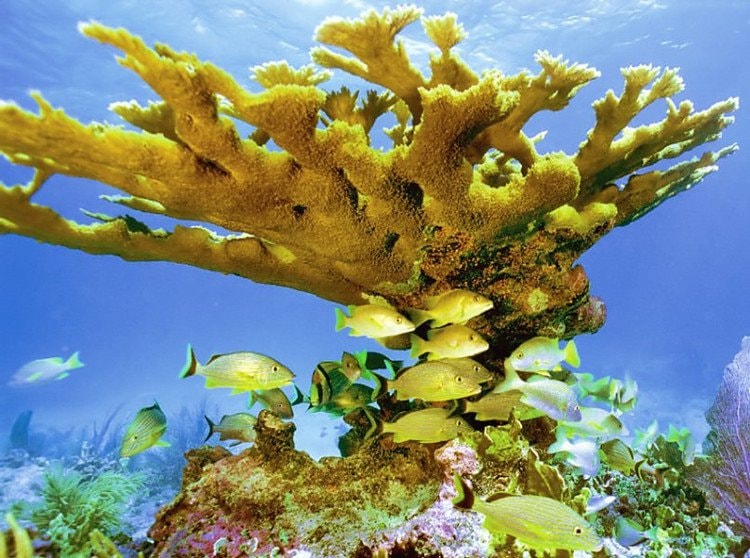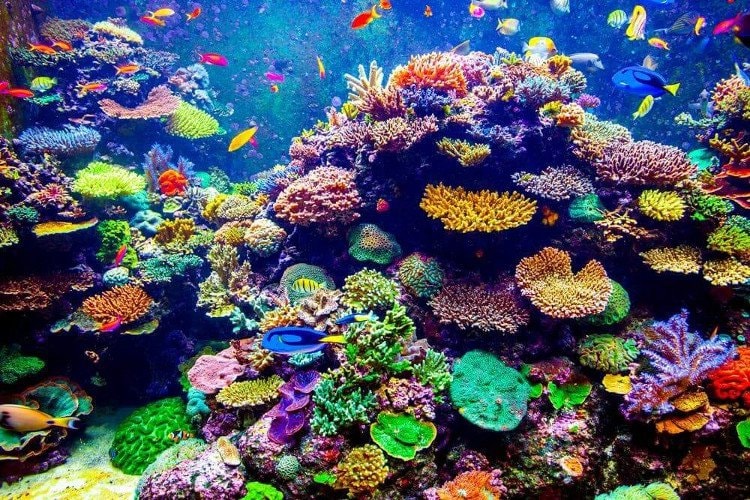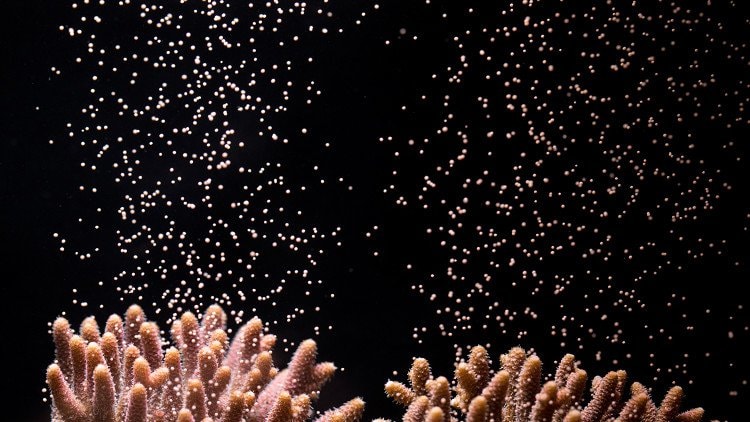Coral is the longest living animal on Earth.
After studying the coral genome, scientists from Penn State University, the U.S. Marine Fisheries Service and the service company Dial Cordy & Associates showed that they can live for thousands of years. Since then, coral has become the longest-living animal in the world.
The team determined the age of elkhorn corals – the Acropora palmata group – in Florida and the Caribbean. The results estimated the oldest genotypes to be more than 5,000 years old. The results are useful for research into how corals will adapt to current and future environmental changes.
 |
| Acropora palmata corals can live up to thousands of years. |
"Our research has shown that some species of Acropora palmate corals have survived for a very long time, through a variety of climate events including sea level changes, sedimentation, storms and floods, among others. This is very positive news because it shows that the corals are quite adaptable to their environment."
"On the other hand, the coral species studied are currently on the government's special protection list based on the impacts of environmental pollution and climate change, so this study will give legislators and environmentalists more grounds to protect this coral species" - Iliana Baums, Associate Professor of Biology at Penn State University, said about this discovery.
Many people mistakenly think of coral as just a plant or even just colorful rocks on the sea floor. In fact, coral is a symbiotic association of invertebrates with photosynthetic algae.
 |
| Coral is an animal. |
Considered pioneers in applying genetic methods to determine the age of corals, Prof. Baums's team determined the initial meeting time of the egg and sperm to form the coral population's genome and then tracked the number of mutations accumulated in the genome from that point. Because mutations tend to arise at a certain rate, the team was able to use this to estimate the age of the coral reef genome.
According to research published last November in the journal Molecular Ecology, some genomes of the Acropora palmata group are up to 5,000 years old.
 |
| Applying genetic technology to determine age is a new breakthrough in coral research. |
"This is really amazing because cold-water corals have only been found for about 1,000 years. Knowing the age of a few individuals in a population is quite important to be able to study the development history of the population. If the Acropora palmata genome has been maintained for hundreds or thousands of years, that means they have survived a lot of climate and environmental changes."
"Through this, we can learn more about the operating mechanism and adaptability of this group in terms of its ability to adapt to the current rapid pace of climate change because it is possible that at the current pace, climate change has become much more difficult to adapt to than in the past" - Associate Professor Buams commented on the group's research results.
According to Discovery

